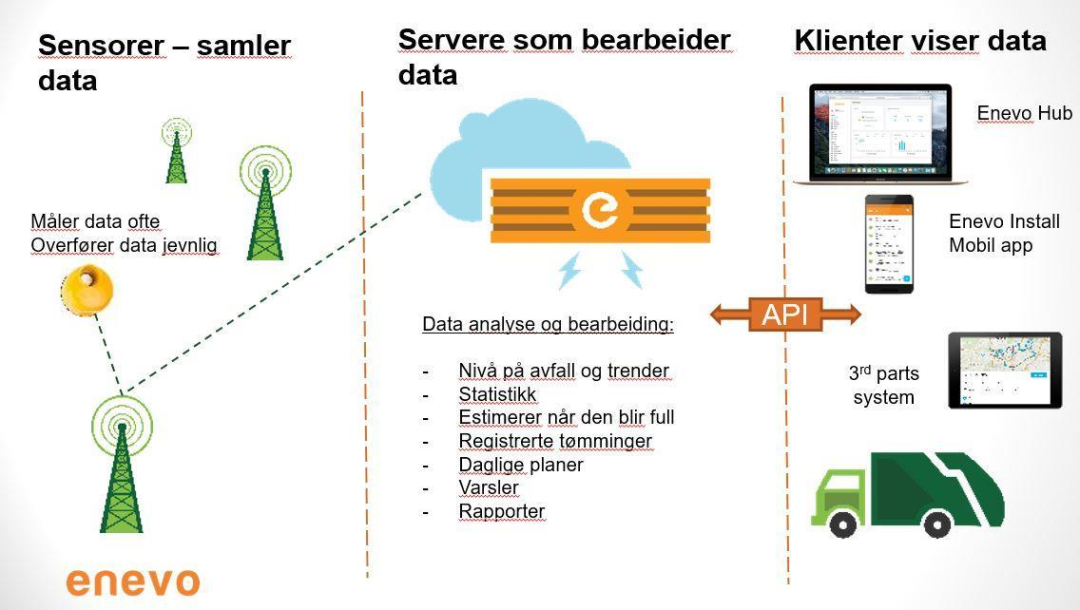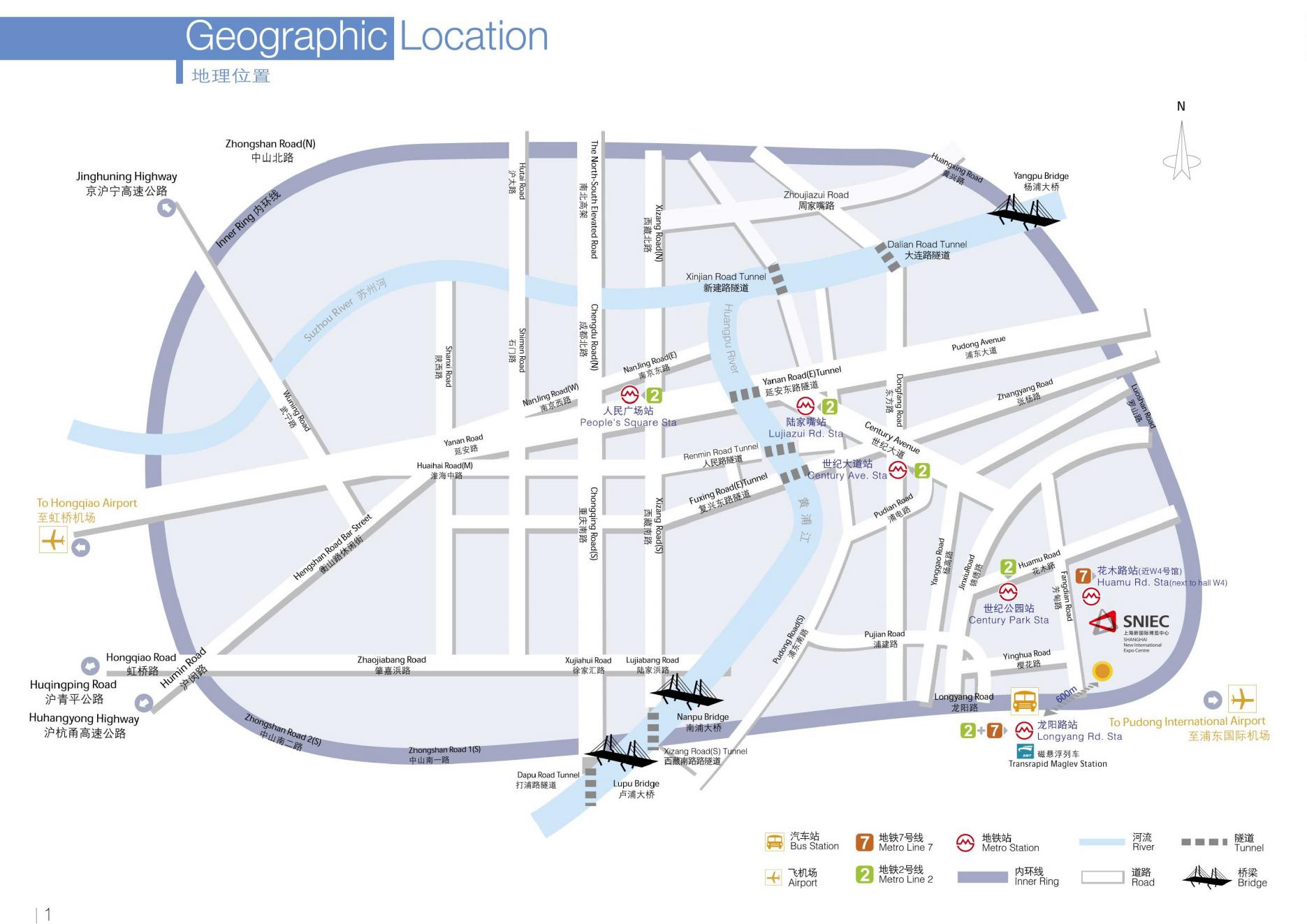In a recent breakthrough, the city of Halden in Norway has implemented a pioneering system combining Radio-Frequency Identification (RFID) and camera-based technology. This initiative, born from a 2016 university student project, has evolved to provide a deeper understanding of waste collection processes.
The RFID-Solutions technology, originally conceptualized by a group of students, has recently been enhanced with cutting-edge camera-based techniques. This sophisticated system allows for a comprehensive overview of waste collection at each customer site, distinguishing between general waste and recyclables.
This transformative RFID solution, adopted by the city of Halden, not only streamlines waste management operations but also brings substantial cost savings. By utilizing RFID tags, specifically the Avery Dennison Smartrac Short Dipole labels, the city has successfully eliminated additional waste collection expenses, previously allocated to third-party providers.
The RFID system, embedded by RFID-Source A/S Denmark in all 30,000 garbage bins across the city, provides each bin with a unique identifier linked to residents and their GPS locations. This strategic use of technology empowers the city to accurately track waste collection details in real-time, optimizing overall operational efficiency.
Moreover, this eco-friendly initiative aligns with global sustainability goals, particularly in the management of green garbage bags. These bags, containing food waste, are closely monitored through the system’s camera capabilities, shedding light on residents’ efforts in sorting their bio-waste.

As the city aims to enhance its waste sorting practices, the integration of IoT technology has proven invaluable. The data obtained from RFID and camera systems allow the city to categorize each collection accurately, distinguishing between general waste, food waste, and paper waste.
This initiative not only contributes to environmental sustainability but also positions Halden as a forward-thinking city leveraging IoT solutions. The strategic integration of RFID and camera technology not only improves waste collection but also offers residents better services and educates them on responsible waste management practices.
Through the implementation of RFID-Solutions’ advanced technology, Halden now sets an example for other cities to follow, demonstrating the positive impact of IoT in waste management. As the city continues its journey towards a more sustainable future, the utilization of RFID and camera-based data proves to be a game-changer in waste collection optimization.
This paper is from Ulink Media, Shenzhen, China, the organizer of IOTE EXPO (IoT Expo in China)
Join us next year in Shanghai, and let’s shape the future of technology together!
To register IOTE 2024 Shanghai station:

















